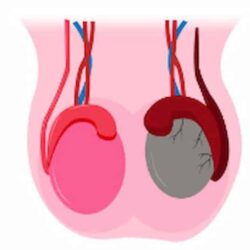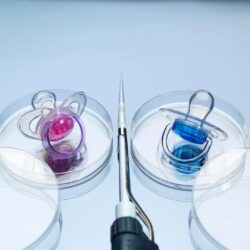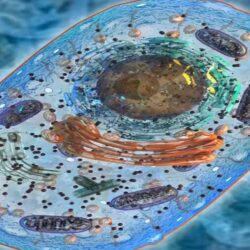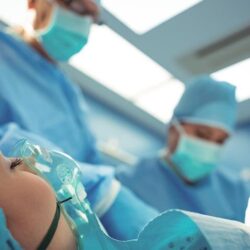The use of Omega 3 during pregnancy
There are substances such as vitamins, minerals, fats, protein, carbohydrates, salt that our body must take in order to fully perform its task. Our body takes these substances that it needs from the nutrients we consume. It is very important to take these substances naturally from nutrients, especially during pregnancy. But in some cases during pregnancy, our body cannot consume substances from nutrients. In this case, it may be necessary to take these substances that our body needs as a supplement by consulting the doctor and carrying out examinations. The consumption of omega 3, which is a beneficial fatty acid during pregnancy, is also very important.
What is omega 3?
Omega 3 is the unsaturated fatty acid that our body cannot produce, which we must take from external nutrients. Like omega 6, omega 3 is a fatty acid that should be taken from the outside through nutrients. They have many functions in our body. Since they cannot be stored in our body, it is quite important to use them regularly. They have a very positive effect on the nervous system, cardiovascular health, immune system. It is also very effective in the development of the baby in the womb.
The baby needs fatty acids for the development of the brain, nerves, visual function. In addition, it is important to keep the omega 3 level at an adequate level for the development of the cardiovascular system and the strengthening of the immune system. These fatty acids, which are not produced by our body, must be taken from the other sources.
 When should Omega 3 be used?
When should Omega 3 be used?
There is no recommended time frame to start using Omega 3. Every person should take omega 3 regularly throughout their life. During pregnancy, further attention should be paid when using omega 3 to support the healthy completion and development of the baby in the womb.
Omega 3 positively affects the development of the baby therefore, should be taken regularly during pregnancy. It is very important to start omega 3 support especially in the 3rd trimester, which is the period when the brain development of the baby is accelerated. Which is around the 6th month. You will be asked to take it daily however, it should be reminded that the amount to be taken can be determined by various examinations and doctor’s advice.
Which foods contain omega 3?
Omega 3 should be taken primarily by natural means with nutrients. However, if not enough omega 3 can be taken, it can also be taken as a pill.
Seafood is the first food group that comes to mind when it comes to omega 3. Expectant mothers should take care to consume seafood during pregnancy. Fish varieties are the food group richest in omega 3. Some of these are; salmon, tuna, mackerel, sardines, anchovies and herring. There are also situations to be considered when consuming fish.
The first of these is the fresh consumption which should be in season. Dip fish are recommended not to be consumed, as they can be exposed to harmful chemicals such as mercury. In addition to this, the cooking method of fish rich in omega 3 is also very important also. In order to protect the vitamins and minerals in the fish, the cooking method carries importance. For pregnant women who cannot consume fish for various reasons, omega 3 pills can be used with doctor’s advice.
The products richest in omega 3 after seafood are green leafy vegetables. Vegetables such as kale, chard, spinach, broccoli and parsley should be consumed regularly. It is also very important that these vegetables are produced in season and in natural conditions. Vegetables should be washed with plenty of water before being eaten, making sure that they are thoroughly cleaned.
Other foods rich in omega 3 include eggs, sunflower seeds, flaxseeds, red meat, milk and dairy products, walnuts, nuts and soy.
Omega 3 Use during Pregnancy
Omega 3 especially positively supports the health of the circulatory and cardiovascular system. Omega 3, has a primary role for the formation and development of the immune system, also for the eye tissues of the baby and brain and nervous system.
There are hormone-derived structures in the body called prostaglin. Prostaglin is effective in ensuring blood circulation in the body, balancing blood pressure, preventing blood clotting, proper functioning of the digestive system and supporting the kidney function. In addition to this, it reduces the risk of heart disease and promotes cognitive development. Omega 3 fatty acids also ensure a balanced distribution of prostaglin in the body. Consuming foods rich in omega 3 is very important and necessary to accelerate the production of prostaglin in the body.
Issues that may occur due to Omega 3 deficiency;
- Memory loss
- A weaker immune system
- High blood pressure
- Visual disturbances
- Male infertility
- Unbalanced height and weight in children
- Neurological disorder in babies








